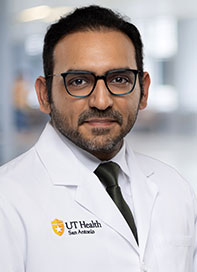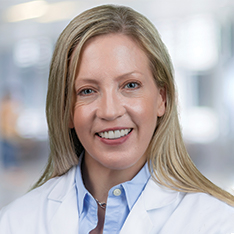Get compassionate, outstanding care after liver transplant surgery from a team of specialists at University Health Transplant Institute.
Transplant Surgery Recovery
Depend on your nurses and staff for close monitoring in the transplant intensive care unit (ICU) following your liver transplant surgery. Your family can see you one to two hours after surgery.
Call on your care team to attend to your needs during your stay to make your recovery go smoothly. Improvements to your overall health and breathing will determine when you move to a private transplant care hospital room.
Hospital Care After Transplant
Count on daily visits from your multidisciplinary care team when you move out of ICU to a hospital room. Your team will answer questions, provide care and help you recover as quickly as possible.
The average hospital stay after a liver transplant is seven to 10 days.
Possible Complications of Transplant Surgery
Most transplant surgeries are successful. Sometimes problems occur after a liver transplant. Complications could include:
- Bile duct leak or narrowing
- Bleeding
- Clotted vessels
- Death
- Infection
- Nonfunctioning donor liver
- Rejection
Protection from Liver Rejection
Rejection is your body’s immune system response to something foreign, like your transplanted liver. Trust your care team to monitor you for rejection symptoms and decrease your risk by giving you anti-rejection medication. You will take this medication for the rest of your life.
This medicine affects your immune system and makes you more susceptible to infections. That’s why you will also take medications that help your body fight infections.
Strength Recovery
Regain your strength and endurance, and get back to your favorite activities with the help of a physical therapist at University Health. Rehabilitation after a liver transplant can help with:
- Breathing
- Fatigue
- Mobility
- Weakness and muscle mass
- Weight loss and malnutrition
Transplant Education
Receive complete transplant care education from your discharge coordinator. You and your caregiver will learn about home care, nutrition recommendations and your medications.
Post-Transplant Medications
Take all your post-transplant medications correctly for a successful outcome. Each medicine helps you recover and keeps your new liver healthy. You will take medications to help:
- Avoid infections
- Boost essential nutrients
- Control body fluids
- Improve blood flow to your liver
- Protect against liver rejection
- Replace or increase insulin production
- Stop stomach ulcers
If you stop taking your medications, you will reject your transplanted liver and may damage it beyond repair. If this happens, you will not be eligible for another transplant.
Your Complete Guide to Transplant Care
You’ll receive an Organ Transplant Manual before you leave the hospital. Refer to the manual after you go home for complete transplant care information and instructions.
Liver Transplant Follow-Up Care
After you leave the hospital, we’ll monitor your progress and medications closely.
For the first three months, you’ll attend weekly follow-up appointments at one of our transplant outpatient clinics.
Three to six months after the transplant, you’ll gradually decrease your number of clinic visits. We’ll start sharing the responsibility of your care with your primary care doctor and gastroenterologist. Your transplant appointments will eventually be every six months.
Returning to work
Your transplant doctor will help you decide when you can go back to work based on your pre-transplant health and job type. Most patients return to work on a part-time basis and build up to full-time.
Research to Advance Transplant Care
Help us advance transplant care by participating in research studies. After your transplant, one of our research nurses may ask you to participate in a study voluntarily.




